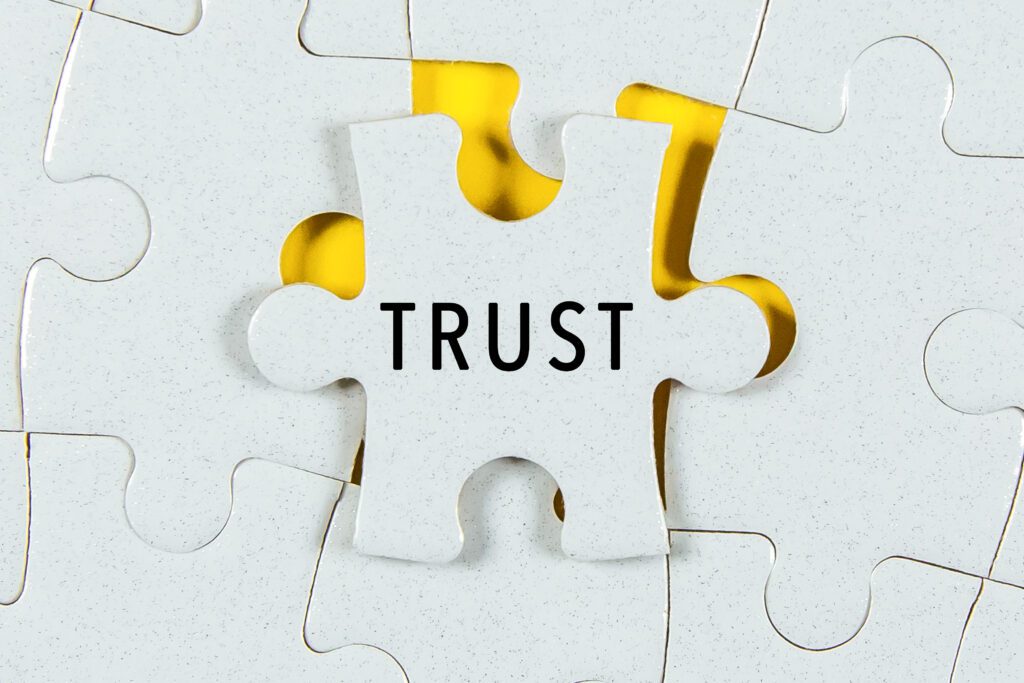
In an environment of misinformation, hyper-individuality and security and privacy concerns, it's not surprising so many people have lost trust in one another and in our institutions.
It got me thinking about how this same lack of trust is showing up within organizations, the impact of mistrust in the business arena and what leaders need to be doing about it.
Here's why trust matters and what you can do to reduce the trust deficit in your own organization.
Create and Share Strategy
As a business strategist, many organizational challenges look like a strategy problem to me. Interestingly, when you get to root of distrust within organizations, I'm not far off.
Trust in a leader grows when their team feels inspired and understands the strategy and actions that will lead to organizational success. So, not only are goals met when strategy is clearly defined and well executed, but trust is also increased.
In fact, trust is a very real byproduct of success.
What leaders need to do: Develop a clear strategy and share goals and objectives with your team. Doing so will bring everyone into alignment and restore trust faster than you might think.
Communicate Clearly and Be Authentic
During the pandemic, leaders communicated clearly and authentically with their teams. They explained what they knew and what they didn’t. They showed up on Zoom meetings with their kids, wearing baseball caps and in their cars.
This type of authenticity built trust.
Now leaders are eager to get back “to normal”. While that’s a positive, it can't be at the cost of losing clear communication or hiding your humanity.
What leaders need to do: In a hybrid environment, leaders must continue to be transparent and communicate clearly and frequently, using multiple modalities. This will ensure you not only reach your team but instill trust in the process.
Develop Your People
Many employees are promoted to management positions based on their ability to solve problems and get work done efficiently. However, these strengths don’t necessarily translate into being a good manager.
Managers have a significant influence on employee satisfaction and, therefore, trust. So organizations need managers who know how to lead others, improve team effectiveness and morale and recognize and appreciate employee contributions.
What leaders need to do: Make sure your team understands how to build strong relationships and create an inclusive and engaging team environment. When you make this investment in your people, they'll already have the mindset and skills needed to establish trust from the moment they're promoted.
The Truth About Trust
It's time to stop thinking about trust as an abstract concept and start thinking about trust as a strategic asset.
When your stakeholders trust your organization there’s a ripple effect on financial performance, loyalty and engagement.
In short, prioritize trust and it will become a competitive advantage.